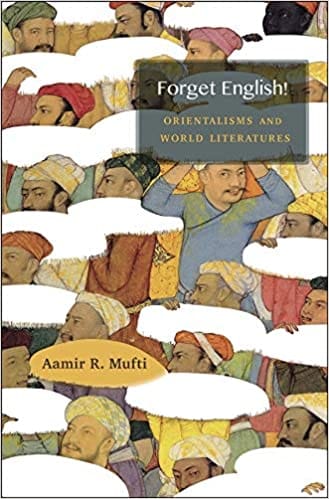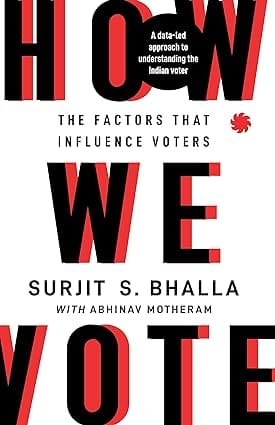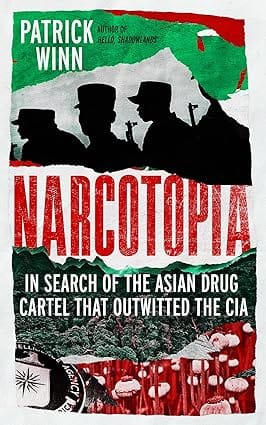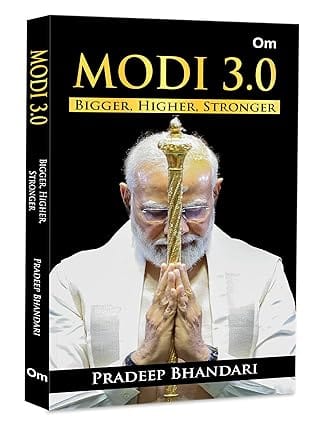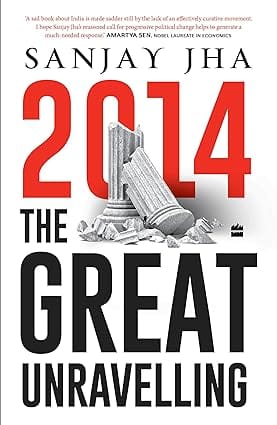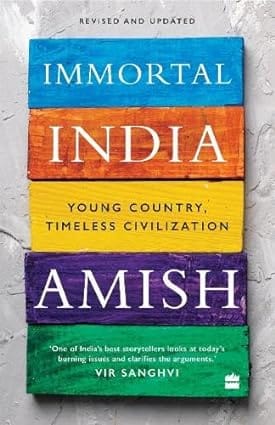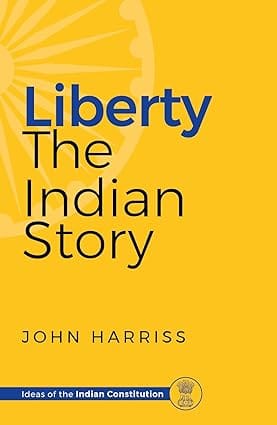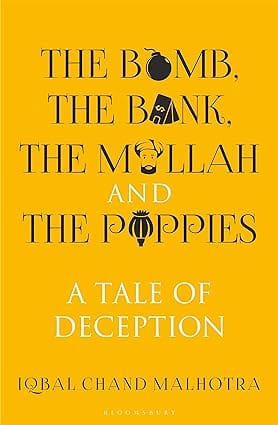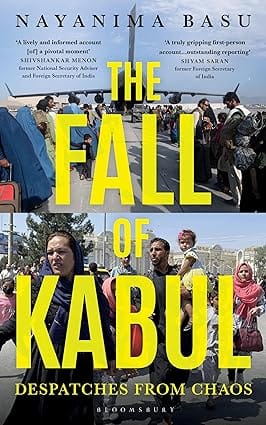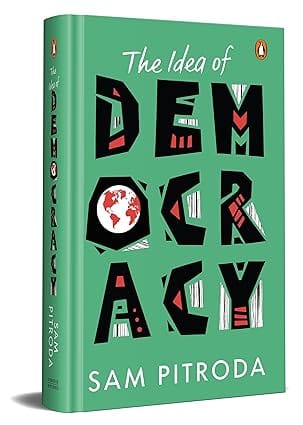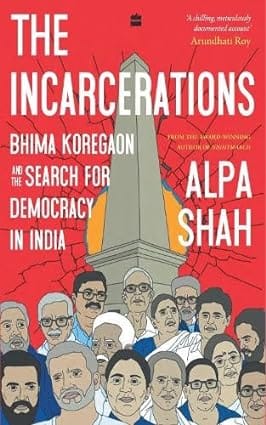- Contemporary Fiction
- Contemporary Fiction
- Children
- Children
- Comics & Graphic Novels
- Comics & Graphic Novels
- Non-Fiction
- Non-Fiction
- Fiction
- Fiction
A Choice Outstanding Academic Title of the Year
The idea of world literature has garnered much attention recently as a discipline that promises to move humanistic study beyond postcolonial theory and antiquated paradigms of “national” literary traditions. In Forget English! Aamir Mufti scrutinizes the claims made on behalf of world literature by its advocates. The notion of a borderless, egalitarian global literature has obvious appeal, he notes, but behind it lurks the continuing dominance of English as a literary language and a cultural system of international reach.
“Mufti’s historical perspective and insightful analyses of India’s anglophone novel generate constant echoes with the realities of anglophone writings in other cultures.”
-Eva Shan Chou, Times Higher Education
“Mufti’s book is in one sense a quarrel with Salman Rushdie’s overly enthusiastic celebration of English-language ‘postcolonial’ South Asian literature, but more important, the book extends, qualifies, and enriches Edward Said’s work on Orientalism, demonstrating that despite its promise, world literature does not eliminate the dominant role of the Anglophone book market in shaping South Asian literature…Mufti’s book is both accessible and theoretically informed.”
-K. Tölölyan, Choice
Review
A must read for anyone who is considering and exploring the idea of world literature. -- Orhan Pamuk, winner of the Nobel Prize in Literature and author of The Naive and Sentimental Novelist
An intelligently written, fascinating book about a theme of great importance to all scholars of language and literature. -- Nuruddin Farah, winner of the Neustadt International Prize for Literature and author of Maps
Written with Aamir Mufti’s distinctive blend of rigor and clarity, Forget English! discusses the politics of world literature from the perspective of the rise of English as a global language-or global English as a mode of imperialism by other means. This is a vital contribution at the intersection of postcolonial, comparative, and world literary studies. -- David Damrosch, author of We Scholars: Changing the Culture of the University
Aamir Mufti brilliantly elaborates Edward Said’s critical itinerary to confront the contrapuntal and contradictory nature of neo-liberal capitalism while questioning the disciplinary claims of world literature. Forget English! is a bracing riposte to the frothy fellowship of cultural globalistas who believe that ‘the earth is flat’ and take the ubiquitous access to Starbucks as a sign of global prosperity and well-being. I warmly recommend Forget English! for its critical insight and its political commitment. -- Homi Bhabha, author of The Location of Culture
Mufti’s historical perspective and insightful analyses of India’s anglophone novel generate constant echoes with the realities of anglophone writings in other cultures. -- Eva Shan Chou - Times Higher Education
Mufti’s book is in one sense a quarrel with Salman Rushdie’s overly enthusiastic celebration of English-language ‘postcolonial’ South Asian literature, but more important, the book extends, qualifies, and enriches Edward Said’s work on Orientalism, demonstrating that despite its promise, world literature does not eliminate the dominant role of the Anglophone book market in shaping South Asian literature. Nested within this persuasive argument is a rich commentary on major topics ranging from translation and unfaithful fidelity to philologist Erich Auerbach, Kashmiri poet Agha Shahid Ali, novelist Tayeb Salih (who wrote in Arabic), and a dozen others. Mufti’s book is both accessible and theoretically informed. -- K. Tölölyan - Choice
About the Author
Forget English! � Orientalisms And World Literatures
SIZE GUIDE
- ISBN: 9780674986893
- Author: Aamir R Mufti
- Publisher: Harvard University Press
- Pages: 304
- Format: Paperback
Book Description
A Choice Outstanding Academic Title of the Year
The idea of world literature has garnered much attention recently as a discipline that promises to move humanistic study beyond postcolonial theory and antiquated paradigms of “national” literary traditions. In Forget English! Aamir Mufti scrutinizes the claims made on behalf of world literature by its advocates. The notion of a borderless, egalitarian global literature has obvious appeal, he notes, but behind it lurks the continuing dominance of English as a literary language and a cultural system of international reach.
“Mufti’s historical perspective and insightful analyses of India’s anglophone novel generate constant echoes with the realities of anglophone writings in other cultures.”
-Eva Shan Chou, Times Higher Education
“Mufti’s book is in one sense a quarrel with Salman Rushdie’s overly enthusiastic celebration of English-language ‘postcolonial’ South Asian literature, but more important, the book extends, qualifies, and enriches Edward Said’s work on Orientalism, demonstrating that despite its promise, world literature does not eliminate the dominant role of the Anglophone book market in shaping South Asian literature…Mufti’s book is both accessible and theoretically informed.”
-K. Tölölyan, Choice
Review
A must read for anyone who is considering and exploring the idea of world literature. -- Orhan Pamuk, winner of the Nobel Prize in Literature and author of The Naive and Sentimental Novelist
An intelligently written, fascinating book about a theme of great importance to all scholars of language and literature. -- Nuruddin Farah, winner of the Neustadt International Prize for Literature and author of Maps
Written with Aamir Mufti’s distinctive blend of rigor and clarity, Forget English! discusses the politics of world literature from the perspective of the rise of English as a global language-or global English as a mode of imperialism by other means. This is a vital contribution at the intersection of postcolonial, comparative, and world literary studies. -- David Damrosch, author of We Scholars: Changing the Culture of the University
Aamir Mufti brilliantly elaborates Edward Said’s critical itinerary to confront the contrapuntal and contradictory nature of neo-liberal capitalism while questioning the disciplinary claims of world literature. Forget English! is a bracing riposte to the frothy fellowship of cultural globalistas who believe that ‘the earth is flat’ and take the ubiquitous access to Starbucks as a sign of global prosperity and well-being. I warmly recommend Forget English! for its critical insight and its political commitment. -- Homi Bhabha, author of The Location of Culture
Mufti’s historical perspective and insightful analyses of India’s anglophone novel generate constant echoes with the realities of anglophone writings in other cultures. -- Eva Shan Chou - Times Higher Education
Mufti’s book is in one sense a quarrel with Salman Rushdie’s overly enthusiastic celebration of English-language ‘postcolonial’ South Asian literature, but more important, the book extends, qualifies, and enriches Edward Said’s work on Orientalism, demonstrating that despite its promise, world literature does not eliminate the dominant role of the Anglophone book market in shaping South Asian literature. Nested within this persuasive argument is a rich commentary on major topics ranging from translation and unfaithful fidelity to philologist Erich Auerbach, Kashmiri poet Agha Shahid Ali, novelist Tayeb Salih (who wrote in Arabic), and a dozen others. Mufti’s book is both accessible and theoretically informed. -- K. Tölölyan - Choice
About the Author
User reviews
NEWSLETTER
Subscribe to get Email Updates!
Thanks for subscribing.
Your response has been recorded.

India's Iconic & Independent Book Store offering a vast selection of books across a variety of genres Since 1978.
"We Believe In The Power of Books" Our mission is to make books accessible to everyone, and to cultivate a culture of reading and learning. We strive to provide a wide range of books, from classic literature, sci-fi and fantasy, to graphic novels, biographies and self-help books, so that everyone can find something to read.
Whether you’re looking for your next great read, a gift for someone special, or just browsing, Midland is here to make your book-buying experience easy and enjoyable.
We are shipping pan India and across the world.
For Bulk Order / Corporate Gifting
 +91 9818282497 |
+91 9818282497 |  [email protected]
[email protected]
Click To Know More
INFORMATION
ACCOUNT
ADDRESS
Shop No.20, Aurobindo Palace Market, Near Church, New Delhi

